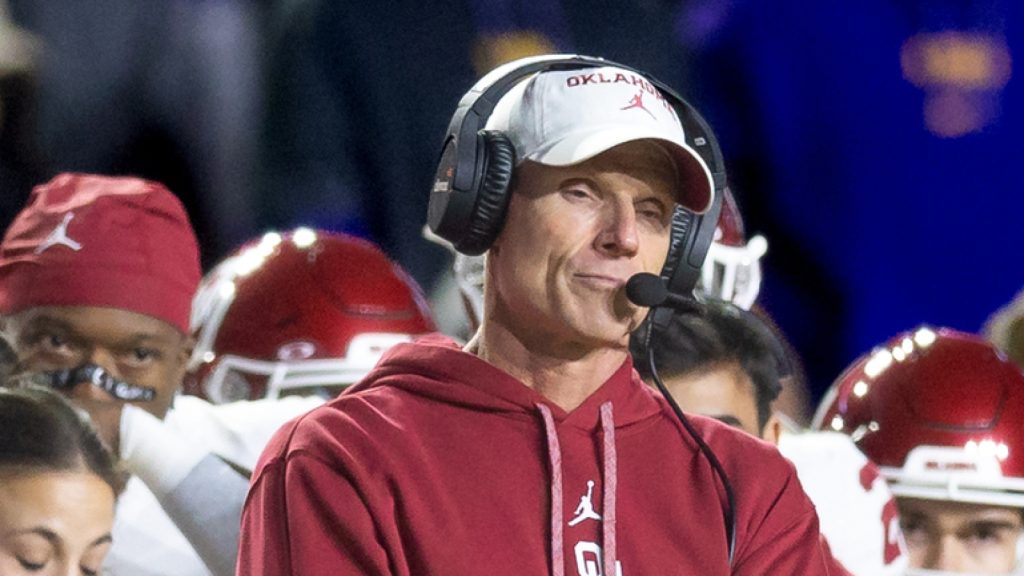By running off two talented quarterback, pressure is on head coach Brent Venables to find a quarterback who will stick.
Arnold appeared in 10 games this season as a sophomore, going 154-of-246 (62.6%) for 1,421 yards, 12 touchdowns and three interceptions while adding 444 yards and three touchdowns on the ground.
Oklahoma struggled in its first season in the SEC, going 6-6, including 2-6 in conference. Venables fired first-year offensive coordinator Seth Littrell in-season and the Sooners finished the regular season 94th in scoring offense (24.3 points per game).
It was Oklahoma’s worst offensive season since 1998, when it finished 101st in scoring, averaging 16.7 points per game.
Arnold was benched for freshman Michael Hawkins Jr. on Sept. 21 against Tennessee. Hawkins started Oklahoma’s next three games before Arnold returned to the starting lineup on Oct. 26 against Ole Miss.
Hawkins could be the Sooners’ future at quarterback after the program added his brother, Maliek Hawkins, during college football’s early signing period on Wednesday.
Hawkins appeared in six games total during the regular season and was 48-of-77 (62.3%) for 536 yards, two total touchdowns, two interceptions while gaining 143 rushing yards on 52 attempts.
Venables recently hired former Washington State offensive coordinator Ben Arbuckle to lead Oklahoma’s offense, and his ability to build an offense around Hawkins, or whoever starts at quarterback in 2025, is paramount to the Sooners’ success.
Arnold, a former five-star recruit, should have plenty of suitors in the portal. How he fares next season could also put pressure on Oklahoma. If he’s as triumphant at his next stop as Gabriel has been at Oregon, that could lead to some uncomfortable conversations about Venables.
It wasn’t that long ago that Oklahoma was a destination college for top quarterback talent. Now, it can’t get them to stay.

